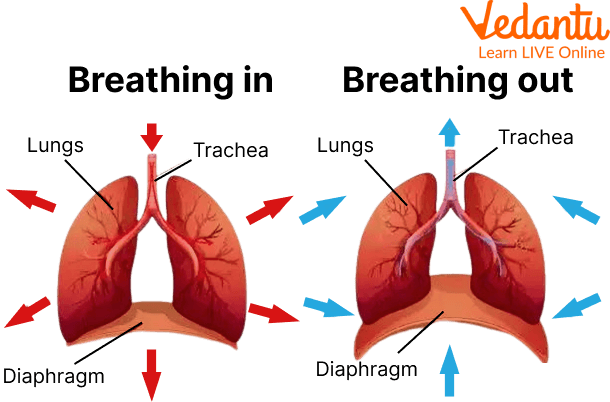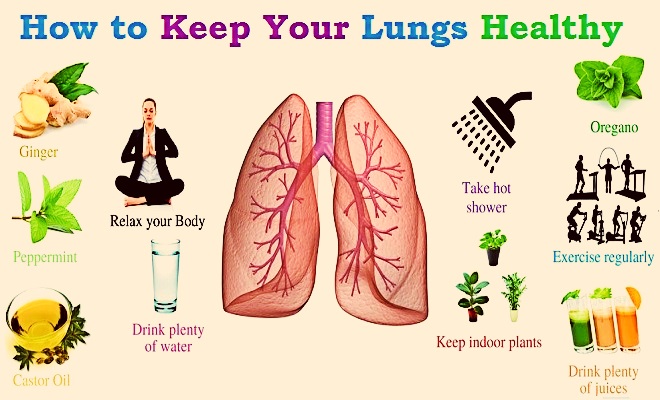Keep Breathing: A Guide to Optimal Respiratory Health
Table of Contents
- Introduction
- The Significance of Respiratory Health
- Understanding Common Respiratory Problems
- 3.1 Asthma
- 3.2 Chronic Obstructive Pulmonary Disease (COPD)
- 3.3 Bronchitis
- 3.4 Pneumonia
- Tips for Improving Respiratory Health
- 4.1 Quit Smoking
- 4.2 Regular Exercise
- 4.3 Maintain Indoor Air Quality
- 4.4 Practice Diaphragmatic Breathing
- 4.5 Stay Hydrated
- 4.6 Monitor Allergens
- The Role of Nutrition in Respiratory Health
- The Importance of Regular Check-ups
- Conclusion
- FAQs
Introduction
Welcome to our comprehensive guide on “Keep Breathing: A Guide to Optimal Respiratory Health.” Your respiratory system plays a vital role in supplying oxygen to every cell in your body, keeping you energized and healthy. In this article, we will explore the importance of maintaining respiratory health, common respiratory problems, and practical tips to improve and maintain the well-being of your lungs and airways. So, let’s take a deep breath and dive in!
1. The Significance of Respiratory Health

Your respiratory system, comprising your lungs and airways, is responsible for the exchange of oxygen and carbon dioxide in your body. Proper lung function is crucial for delivering oxygen to organs and tissues, as well as eliminating waste gases. Maintaining respiratory health is essential for overall well-being and peak physical performance.
2. Understanding Common Respiratory Problems
Respiratory issues can arise due to various factors, such as pollution, smoking, allergies, infections, and lifestyle choices. Let’s delve into some of the most common respiratory problems:

3.1 Asthma

Asthma is a chronic respiratory condition characterized by inflammation and narrowing of the airways, leading to difficulty in breathing. Triggers such as allergens, exercise, or cold air can exacerbate asthma symptoms. Proper management and medication can help control asthma and improve lung function.
3.2 Chronic Obstructive Pulmonary Disease (COPD)

COPD is a progressive lung disease that includes chronic bronchitis and emphysema. It is often caused by long-term exposure to irritants like cigarette smoke or industrial pollutants. Early diagnosis and lifestyle changes can slow down the progression of COPD and improve quality of life.
3.3 Bronchitis

Bronchitis is the inflammation of the bronchial tubes, which carry air to and from the lungs. It can be acute or chronic and is often caused by viral or bacterial infections. Rest, hydration, and proper medical care can aid in recovery from bronchitis.
3.4 Pneumonia

Pneumonia is a severe infection that inflames the air sacs in one or both lungs. It can be caused by bacteria, viruses, or fungi. Prompt medical attention and appropriate treatment are crucial for managing pneumonia and preventing complications.
Read more about Understanding Long COVID: Persistent Symptoms and Management
4. Tips for Improving Respiratory Health
Now that we understand the common respiratory problems, let’s explore some practical tips for improving and maintaining respiratory health:

4.1 Quit Smoking
Smoking damages the lungs and increases the risk of respiratory diseases, including lung cancer. Quitting smoking is the most significant step you can take to enhance your lung health and overall well-being.
4.2 Regular Exercise
Engaging in regular physical activity improves lung capacity and strengthens the respiratory muscles. Activities like brisk walking, swimming, and cycling promote deep breathing and contribute to better lung function.
4.3 Maintain Indoor Air Quality
Indoor pollutants, such as dust, pet dander, and mold, can irritate your respiratory system. Keep your living spaces well-ventilated, use air purifiers, and avoid exposure to harmful chemicals to improve indoor air quality.
4.4 Practice Diaphragmatic Breathing
Learning diaphragmatic breathing techniques ensures deep, efficient breathing and relaxation. By using your diaphragm to breathe deeply, you can enhance the exchange of oxygen and carbon dioxide in your lungs.
4.5 Stay Hydrated
Drinking plenty of water keeps mucus membranes moist, facilitating easier breathing and reducing the risk of respiratory infections.
4.6 Monitor Allergens
Identify and avoid allergens that trigger respiratory problems. Keep your living space clean and allergen-free, especially if you suffer from allergies or asthma.
5. The Role of Nutrition in Respiratory Health
Your diet can significantly impact your respiratory health. Certain nutrients, such as antioxidants found in fruits and vegetables, can help protect lung tissues from damage caused by free radicals. Including a variety of nutrient-rich foods in your diet can support your respiratory system.
6. The Importance of Regular Check-ups
Regular medical check-ups are crucial for maintaining respiratory health. Your healthcare provider can assess your lung function, identify potential issues, and provide personalized advice to keep your respiratory system in top condition.
raed more about The Benefits of Regular Health Check-ups
7. Conclusion
In conclusion, taking care of your respiratory health is essential for a fulfilling and active life. By understanding common respiratory problems and adopting healthy lifestyle habits, such as quitting smoking, exercising regularly, and monitoring indoor air quality, you can enhance your lung function and overall well-being. Remember, seeking medical attention for any persistent respiratory issues is essential for early diagnosis and effective treatment.
FAQs
- Q: Can respiratory problems be prevented? A: While some respiratory problems may have genetic or unavoidable causes, many can be prevented or minimized by adopting a healthy lifestyle and avoiding harmful environmental factors.
- Q: Can regular exercise help improve lung capacity? A: Yes, engaging in regular physical activity can improve lung capacity by enhancing the efficiency of oxygen exchange in the lungs.
- Q: Are there natural remedies for managing respiratory issues? A: Some respiratory issues can be managed with natural remedies like steam inhalation, herbal teas, and certain breathing exercises. However, always consult a healthcare professional for proper evaluation and advice.
- Q: How often should I have my respiratory health checked? A: It is recommended to have regular check-ups with your healthcare provider, especially if you have a history of respiratory issues or are at higher risk due to lifestyle or environmental factors.
- Q: Can diet influence respiratory health? A: Yes, a balanced and nutrient-rich diet can support respiratory health by providing essential nutrients and antioxidants that protect lung tissues from damage.








 Viesearch - The Human-curated Search Engine
Viesearch - The Human-curated Search Engine

20 Comments